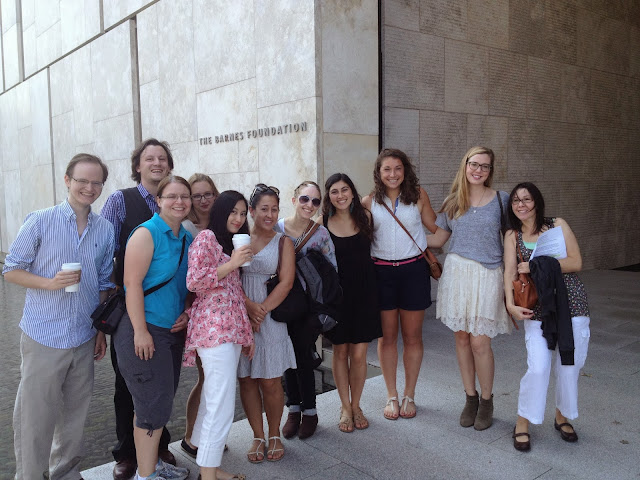From Prof. Radcliffe:
As the time to register approaches, I wanted to let you know about some things and remind you of some others.
1) The booklet of English courses, with full descriptions, is available on our main English page (click
here). You will also be able to find individual course descriptions by clicking on the Syllabus Available link which is below each course number in Novasis (you can also reach them via the syllabus link in Schedulr). English requirements are described
here.
2) Be aware that you are supposed to take English 2250, Ways of Reading, before your senior year: it is the course that fulfills the college’s Junior Research Requirement.
3) English 2101, The British Literary Tradition I, is not a required course for English majors, but we recommend that you take it, and take it early, since it will introduce you to writers, texts, and issues that are crucial to most subsequent courses.
4) As you may know, there is “A Guide to Advising for English Majors,” which is available
here. It includes a wealth of information (it applies to all classes even if its title on the web says “Class of 2014 and earlier”).
5) I hope you’ve checked in with your advisor or have set up an appointment. If you haven’t, you run the risk of missing your registration time because you don’t have your PIN (normally we don’t give out PIN numbers to students who haven’t talked to an advisor) or of ending up with courses that aren’t the right ones for you.
6) To try to avoid any problems, it makes sense to test your semester PIN number ahead of time (which also enables you to find out whether there are any holds that would prevent you from registering).
Whether you register from myNova or directly from Novasis, what you do is to click on the Login to Register link, even it’s before the time when you’re supposed to register, and enter your PIN. If you have the wrong PIN, you’ll get an Authorization Failure message, and you should check your number with your advisor. But if you have the correct PIN, you’ll see your registration time come up, and it’s all good. The Registrar’s office has created a short video about registration, which also includes a section about checking for holds. It lives
here. (The segment on checking your PIN starts at about 2:10.)
7) Your advisor can best help you if you have prepared ahead of time. Before you see your advisor, remind yourself about your requirements, review the requirements you have already taken care of, and think about what courses you want to take next semester; you’re the one who finally is responsible for choosing the right courses for you. Since you probably have the choice of taking some electives, think about things like what excites you and what you wish you knew more about. Don’t be afraid to explore.














